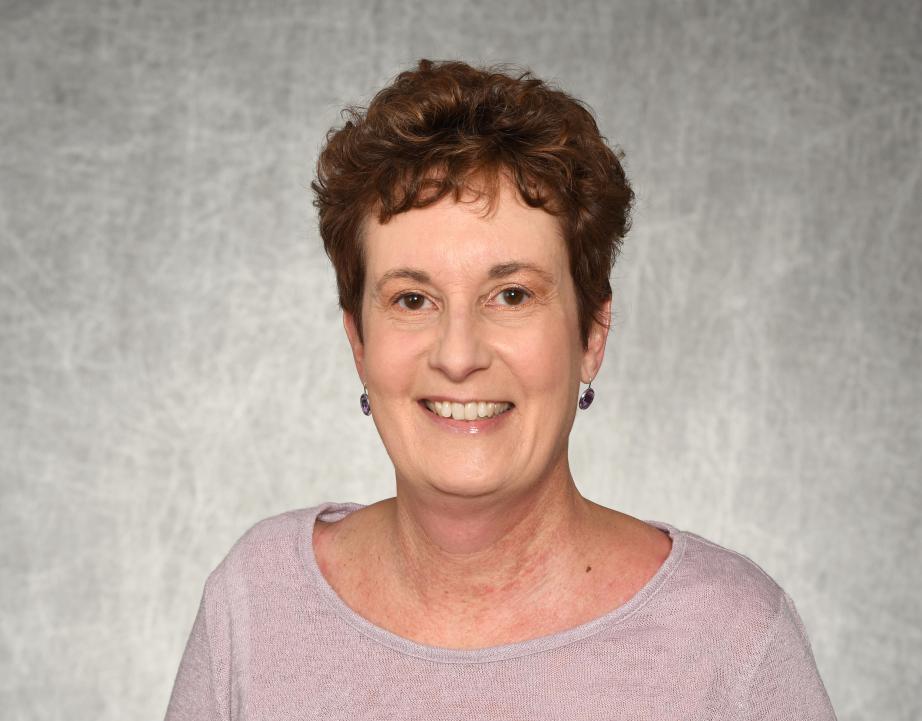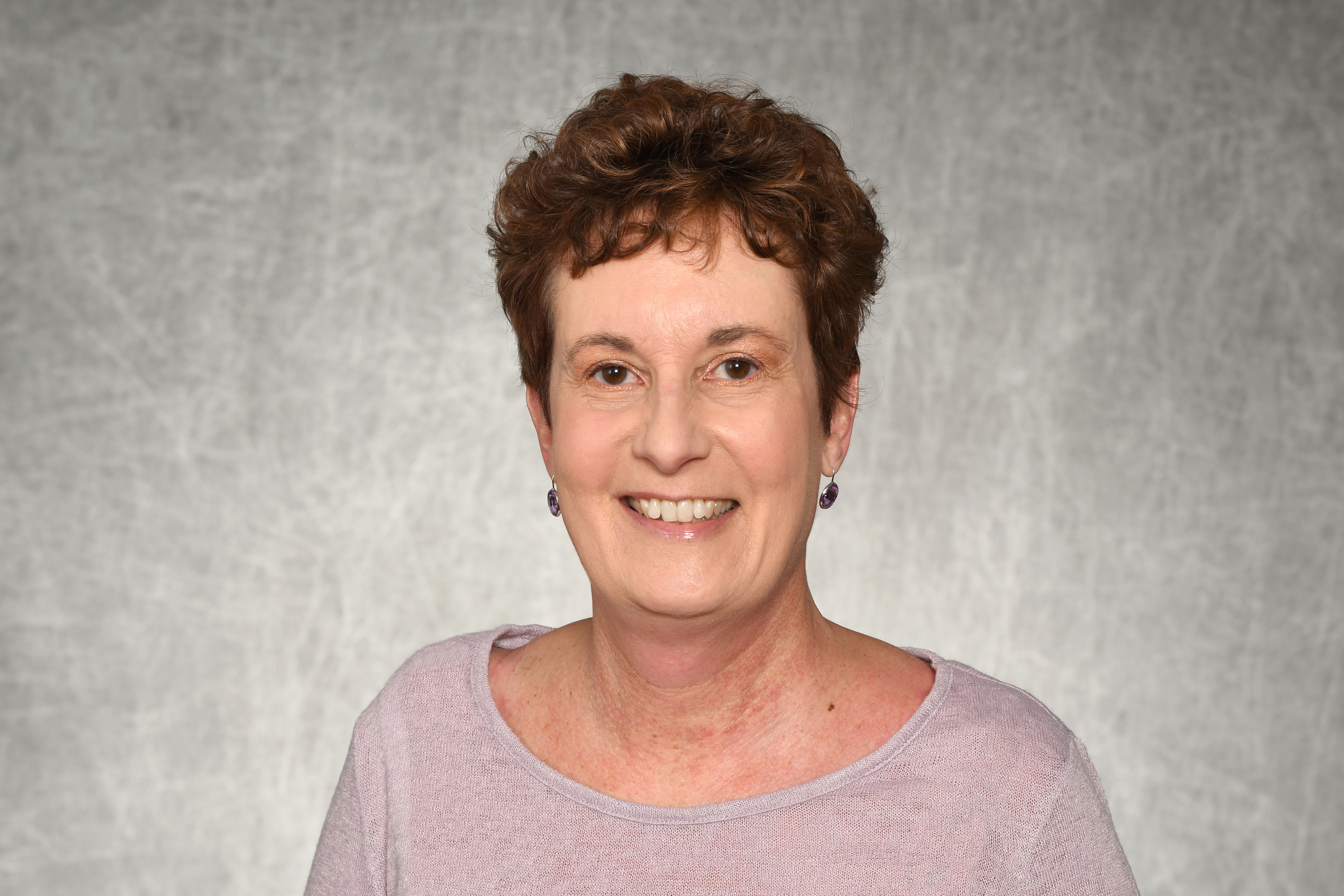Wednesday, Sep 11, 2019
Dr. Karen Gischlar is currently working with state education department on improvements
by Keith Fernbach
During Dr. Karen Gischlar’s 16-year career as a kindergarten teacher, she saw firsthand the wide discrepancy in children’s ability to adapt to school and absorb new information. “I would have some kids who learned to read so easily, and other kids who struggled,” she says.
Her desire to better serve those kids who needed more help led her to enroll in graduate courses in school counseling and school psychology at Rider University. After working for several years as a school psychologist and then earning a doctorate from Lehigh, Gischlar is now an associate professor in Rider’s Department of Graduate Education, Leadership, and Counseling.
Gischlar’s work focuses on identifying those students who need extra academic support early on, and getting them the assistance they need before they fall through the cracks. This is done through what she describes as a preventive model.
“We screen all students, starting at the beginning of each school year, and check in with them throughout the year to make sure they’re reading at the level they’re supposed to be,” she says. “If they’re not, we’re intervening and monitoring the progress. By deciding up front who needs support before they’re at that place of failure, hopefully that’s going to prevent so many children from needing special education services.”
In Gischlar’s multi-tiered system of support, students are classified into three groups. Tier I is composed of students who can function within the general education curriculum — ideally, around 80% of students fall into this category. Tier II is those who need some support, approximately 15% of students, while 5% are in Tier III: those who need intensive support and could be eligible for special education.
“When we go into school districts, we often find that we don’t have 80% functioning where they should be, and that’s where we have to bolster the general education curriculum and the way it’s being delivered,” she says.
Gilschar has helped many school districts, particularly in Pennsylvania, to implement this system, and she is currently working with the New Jersey Department of Education to put together a blueprint for school districts looking to move toward this tiered model of prevention.
While her work primarily involves assessing the academic performance of students, Gischlar also assists school districts with putting bullying prevention systems into place. At a time when bullying — and now cyberbullying — are impacting the lives of young children, it’s becoming increasingly important to identify issues and take preventative action early on.
“We’re recognizing the need for school counselors and school psychologists, and finding that we need to support children as whole beings, not just as academic learners,” she says.
Gischlar works with the schools to establish clearly-defined behavioral expectations. Students who are not able to meet those standards are receiving more intensive intervention, which can range from small-group social skills lessons to sessions with outside mental health providers.
“In the past, there were some kids you would look at and think, “they’re a handful,’ and then as they got older, we would look back and say, ‘yeah, we kind of knew in kindergarten they would end up as a behavioral problems.’ Now, instead of just dealing with the behaviors at the classroom level and pushing them along, we’re trying to give them more support to prevent the behaviors from becoming worse.”


